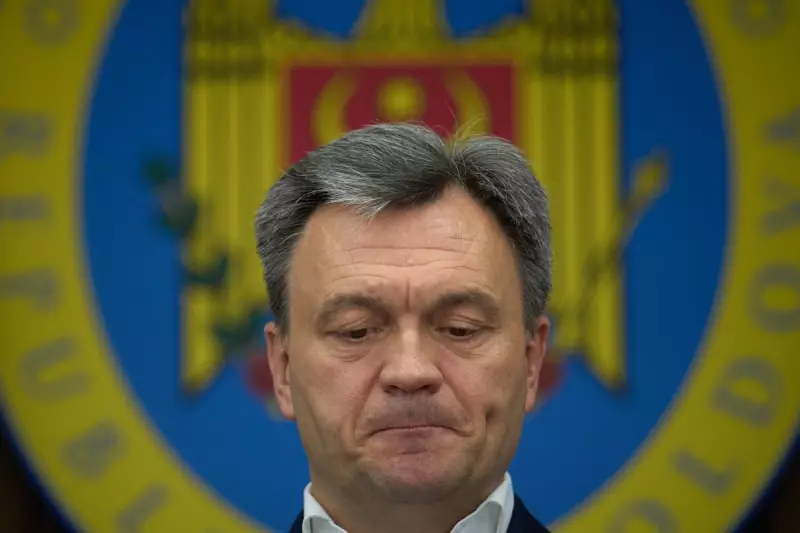
The European Union has launched a significant offensive against Kremlin-backed efforts to undermine Moldova's sovereignty, unveiling a fresh package of sanctions aimed at Russian operatives and defence entities.
Official documents from the EU, accessed by The Independent, detail a coordinated strategy to disrupt plots designed to topple Moldova's pro-European administration. The sanctions target individuals and organisations accused of orchestrating destabilisation campaigns, including the planned takeover of state buildings.
A Blueprint for Instability
According to the EU's findings, Russian intelligence services developed a multi-pronged approach to foment unrest in Moldova. The strategy allegedly involved exploiting peaceful protests, leveraging criminal groups, and deploying individuals with military training to incite violence.
The ultimate goal, as stated in the EU documents, was to create a pretext for a military intervention, effectively challenging the constitutional order in Chisinau. This revelation paints a stark picture of the hybrid warfare tactics employed beyond the borders of Ukraine.
Who is Targeted by the New Sanctions?
The new restrictive measures extend beyond individual actors to include key Russian defence companies. Sanctions have been imposed on:
- Officers from Russia's military intelligence agency (GRU).
- The KBR group, a major defence conglomerate.
- The NPP Istok and NPP SPLAV companies, both involved in the defence sector.
These entities are now subject to asset freezes and travel bans within the EU, a move intended to cripple their operational capabilities.
Moldova's Precarious Position
This action underscores the grave concerns in Brussels regarding Moldova's vulnerability. As a candidate country for EU membership, Moldova's stability is seen as integral to the broader security of the European continent. The sanctions signal a firm commitment to protecting nations seeking closer ties with the West from external coercion.
The EU's decisive move highlights the ongoing geopolitical struggle for influence in Eastern Europe, demonstrating that the conflict extends far beyond the battlefield in Ukraine.






